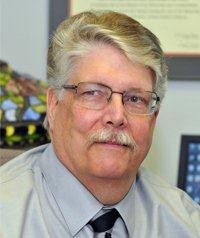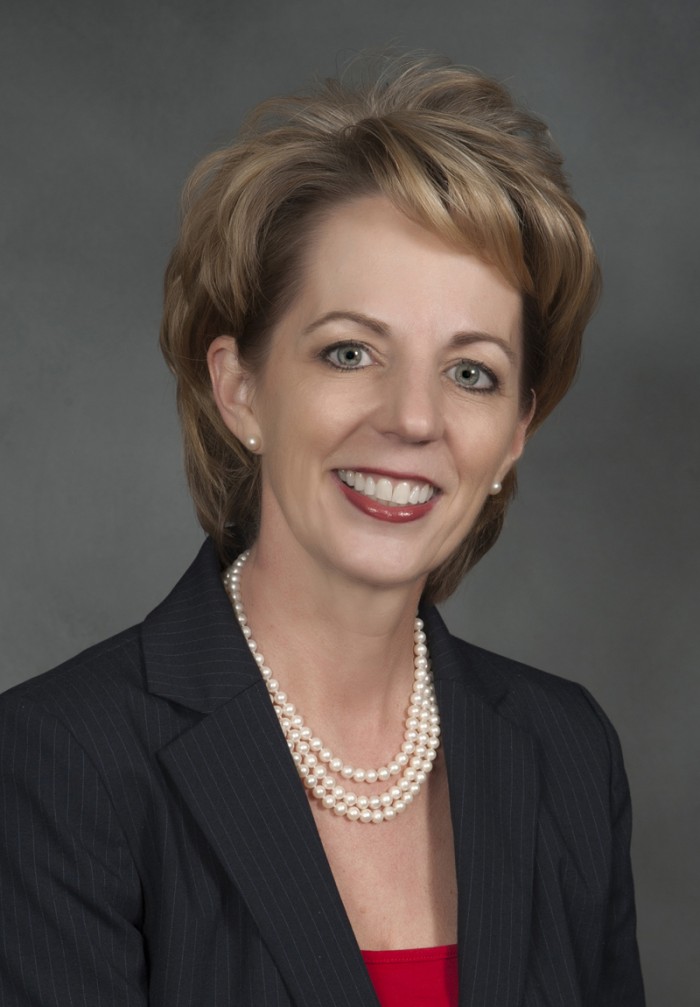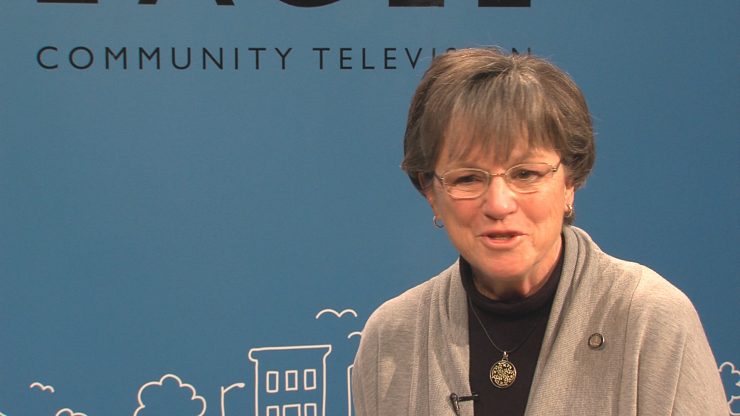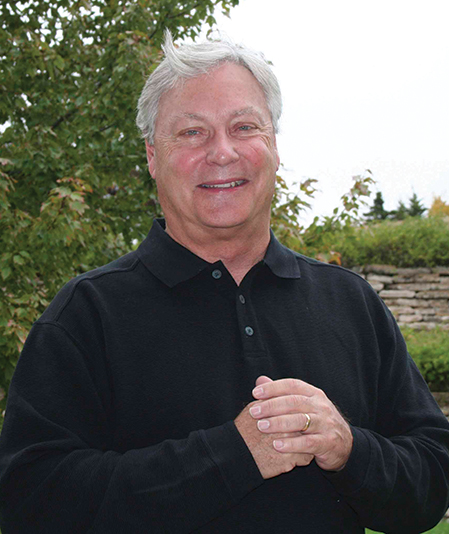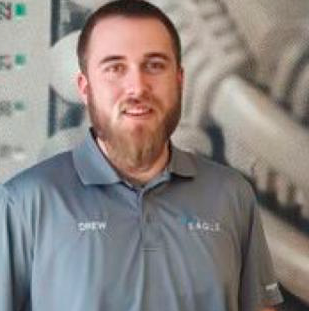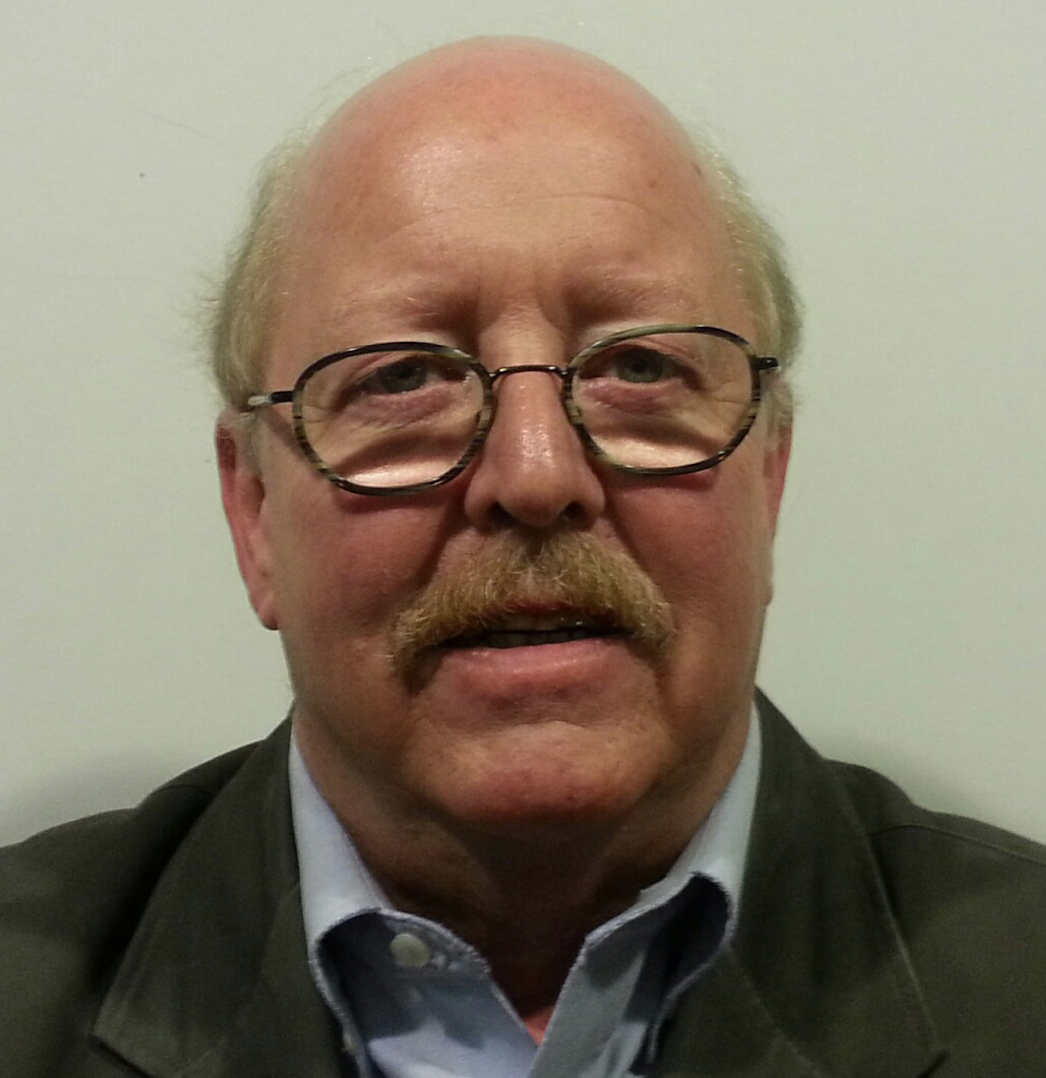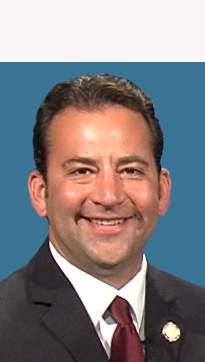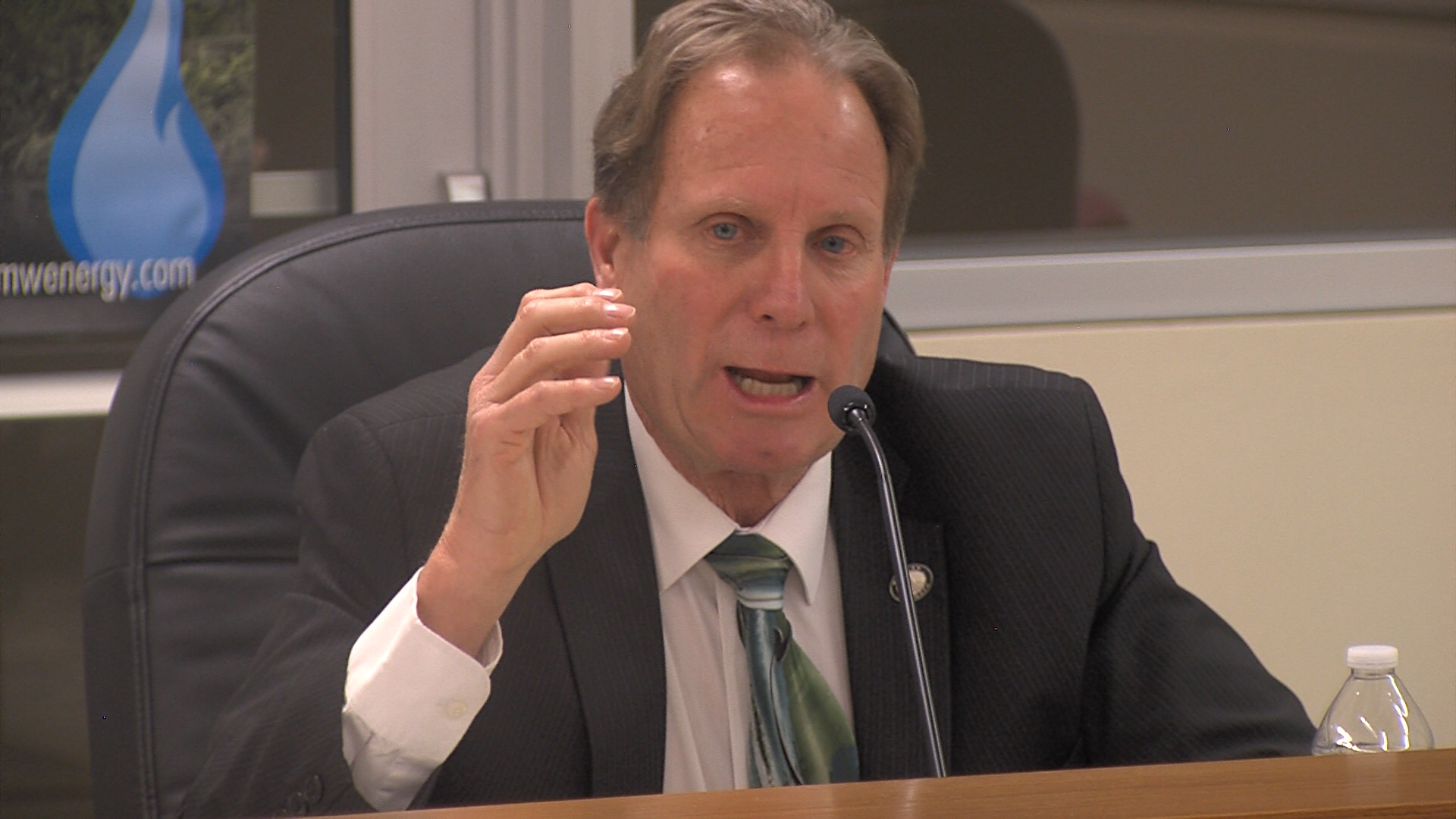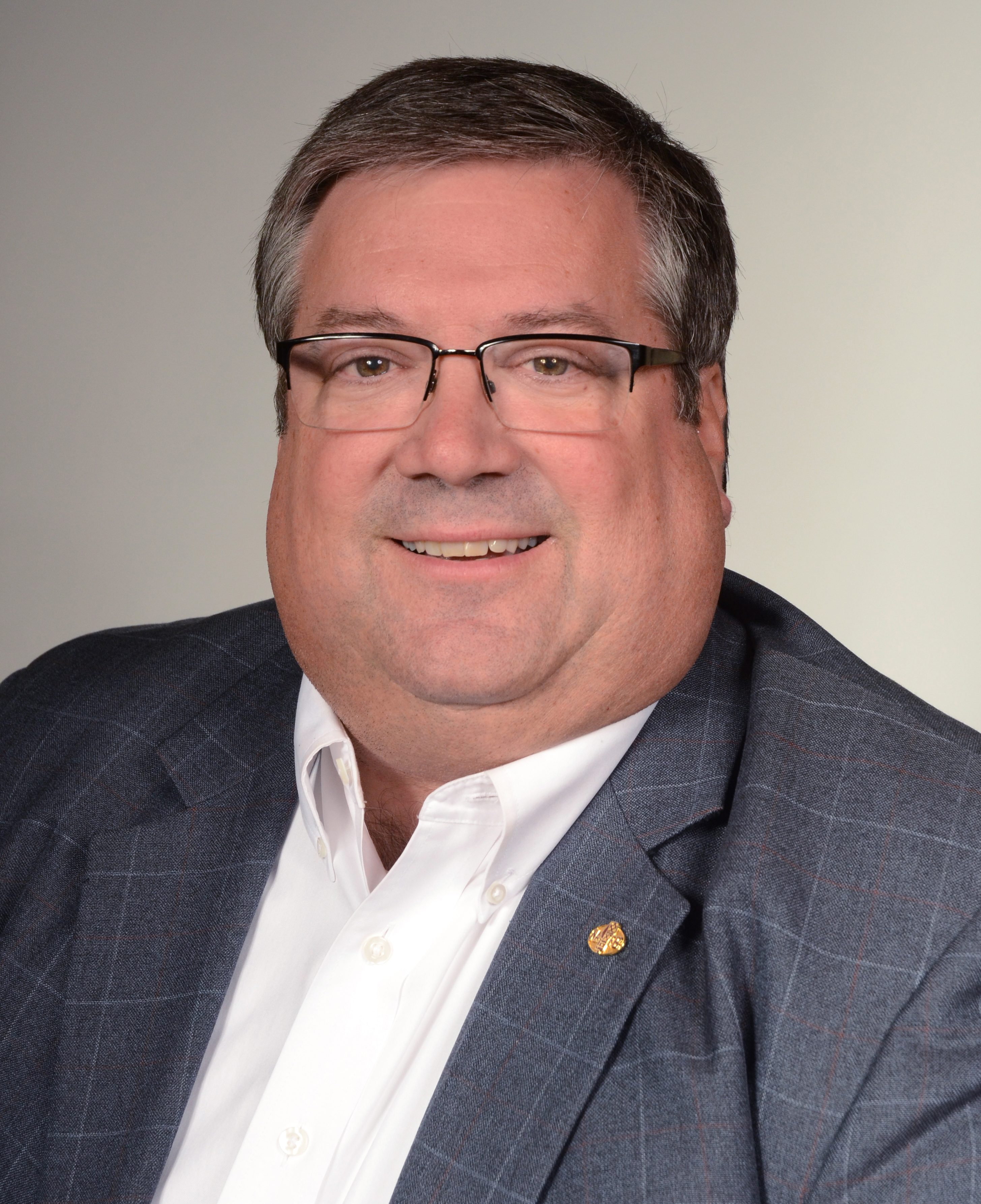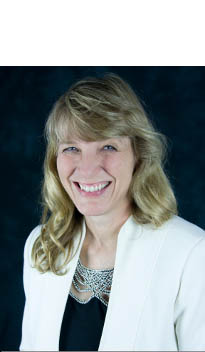As the contest to be Kansas’s next elected governor begins, the probability that the best known and disliked Kris Kobach will be the winner is stronger than probably 60 to 70% of Kansas voters would prefer. Here’s how that Bizarro-World outcome could unfold.
This weekend Republicans will convene in Wichita. The candidates competing to be the party’s nominees for statewide offices and congressional seats will seek to attract the aggressive support of the several hundred party loyalists attending. This is the prelude to the campaigns that will lead to arguably the most important event of the 2018 election cycle, the Republican Primary Election this coming August 6th.

The Democrats, just half as numerous as their Republican counterparts, will be holding their convention in Topeka starting March 2nd. Democrats feel more energized than usual, which reflects both national trends and the state election results of November 2016 when voters elected legislators that rejected the fiscal policies of former Governor Sam Brownback. Democrats see real potential for gains against the Republicans, especially if Republicans will do the Democrats the favor of having bitter, alienating contests for the nominations to high profile races like governor, secretary of state and perhaps a congressional seat.
As things stand at the moment, the Republicans and Democrats combined make up 66% of registered Kansas voters. Aside from minor parties that do not qualify for primaries in Kansas, the remainder consists of voters who choose not to declare either party and therefore opt out of selecting the candidates for the general election. These unaffiliated voters do turn out for the general election, and have discernable partisan preferences, although their turnout is somewhat lower than the overall average.
This year the electoral arithmetic is complicated by a serious independent candidate for governor, Greg Orman. My colleague Ed Flentje wrote about Orman’s prospects last week. His name identification is higher than any other individual running for governor except Secretary of State Kris Kobach. He exhibits familiarity with current political issues, a centrist ideological tendency and substantial financial resources. Orman has one nearly successful statewide race under his belt. That was a 2014 two-way race against veteran Pat Roberts for Roberts’ U.S. Senate seat. Orman came closer to defeating Roberts than anyone else has done, but still lost to a candidate who seemed to be doing an excellent job of beating himself and required large sums of outside money to keep his seat.
This time around there is a different context, and caution dictates that Mr. Orman’s campaign be considered very cautiously. First, electing an independent to the governor’s office has a July in Kansas blizzard’s chance. Second, a plurality win is the best an independent in a three way race can do. A plurality win for a lower ranking statewide office is not a problem, but a governor with a plurality lacks a mandate. Lack of a mandate means struggling for leverage without party support in the legislature and that could mean chaos at a time when Kansas needs leadership and power to move the legislature responsibly.
With six serious contenders plus 4 less likelies set to battle in the Republican primary race, 5 plausibles plus 2 unlikelies in the Democratic nomination chase, and an independent probably polling 20% to perhaps 30% of the November vote, Kansans risk inaugurating Governor Kobach in January 2019.
Dr. Mark Peterson teaches political science at the college level in Topeka.
